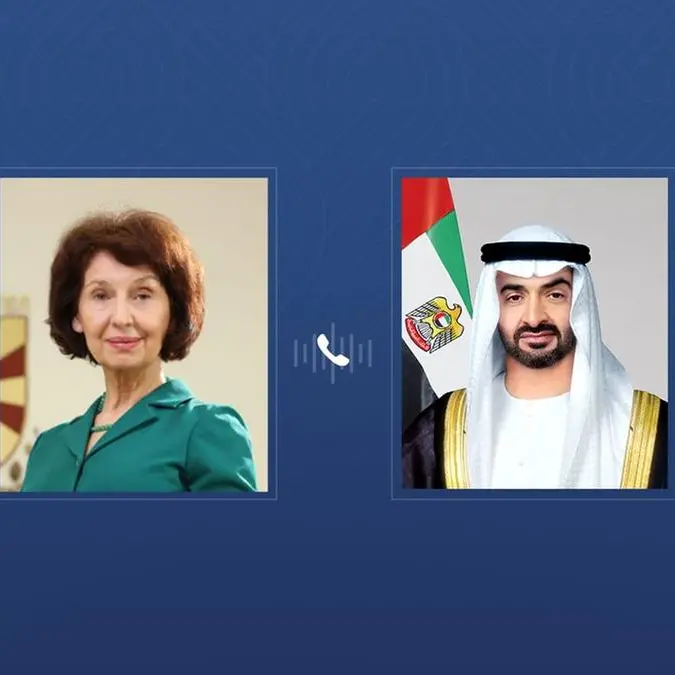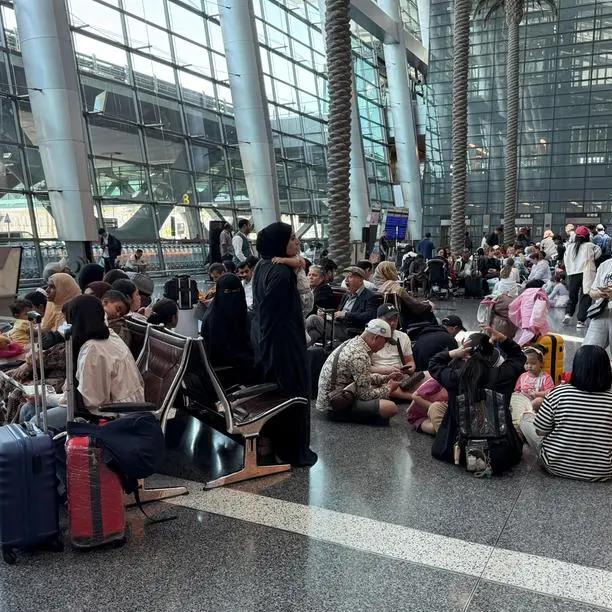PHOTO
The program places qualified and skilled Saudis into work in relevant fields. Minister of Human Resources and Social Development Ahmed Al-Rajhi stated that by the end of 2021, it aims to create 213,000 jobs for Saudi citizens.
According to the General Authority of Statistics, the unemployment rate among Saudis decreased to 11.7 percent in the first quarter of 2021, compared to 12.6 percent by the end of 2020.
The program’s numbers indicate notable progress with a massive employment leap and workplace gender diversification. The umbrella strategy of the program is to counteract unemployment and negate its social effects that unnecessarily burden the Saudi citizen.
Social issues that can rise from unemployment include a widening inequality gap, creating division and status barriers between citizens.
“Unemployment causes stress, which ultimately has long-term physiological health effects and can have negative consequences for people’s mental health, including depression, anxiety and lower self-esteem. The relationship between mental health and unemployment is bi-directional. Good mental health is a key influence on employability, finding a job and remaining in that job,” said Dr. Moayyad Al-Salem, a consultant in psychiatry and psychosomatic medicine.
The benefits of Saudization exceed its direct effects, such as financial security. Being employed can have a positive effect on the individual, providing a sense of purpose, engagement with the world, and a chance to experience life through different lenses.
The impact of the program also reached individuals encouraged to delve into new markets. Saudi citizens, especially younger ones, are increasingly experimenting and creating new market places.
Twenty-year-old Saudi barista Radwan Abdulrahman Moumin told Arab News that due to the program, he was able to find his sense of purpose and follow a path that brings him personal joy, satisfaction and financial stability, turning his life around significantly. Moumin also said that the positive societal impact he and many others are witnessing is empowering and supporting Saudis getting an early start in the job market.
“Being a barista is fun, you’re always on the move, socializing and very popular nowadays. The whole coffee shop experience is interesting and keeps you on your toes, not to mention that I think it’s a healthy work environment that is very nurturing,” said Moumin.
The Human Capital Development Program, a 2030 Vision Realization Program, channels Saudization in a new and improved way. It was created to harness the endless capabilities of Saudi citizens, to prepare and support them to recognize and seize opportunities. The program also encourages them to participate in ongoing local social and cultural developments while also competing in the global labor market.
The HCDP aims at propagating Saudi 2030 Vision to nurture innovation by expanding vocational training, improving the readiness of young people to enter the labor market, and instilling national values.
From its initiation in 2011, Saudization has steadily implemented the necessary measures to nationalize a variety of vocations, and diversify their talent pools.
Copyright: Arab News © 2021 All rights reserved. Provided by SyndiGate Media Inc. (Syndigate.info).





















